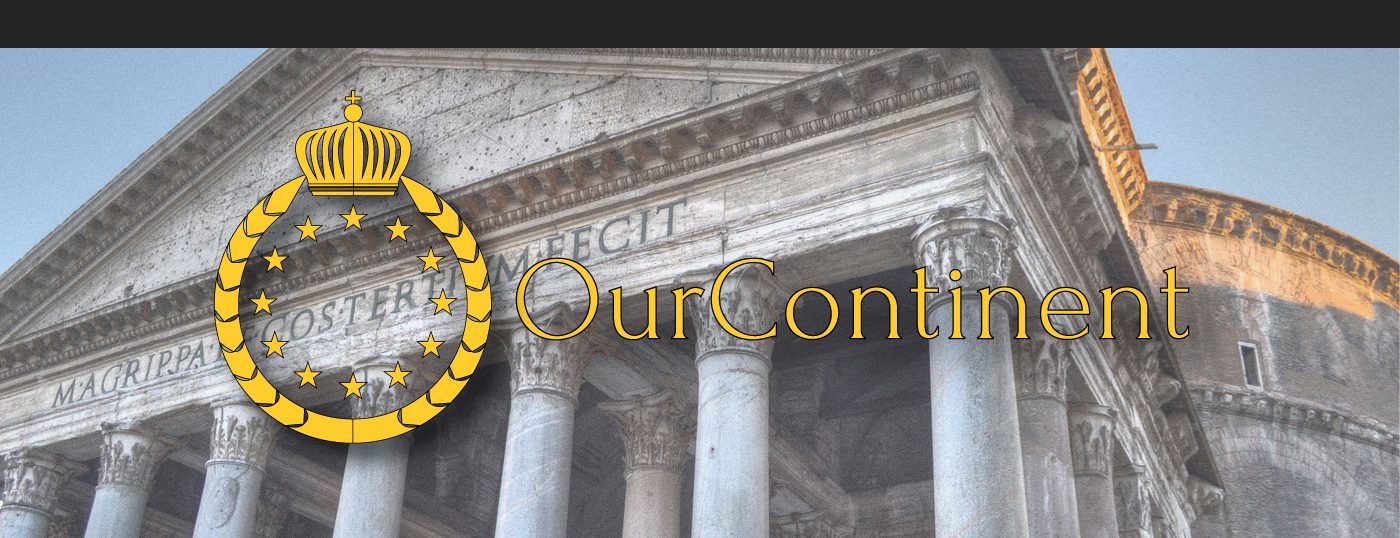Is the Polish Government on the right track?
It is no secret that Western and Eastern European countries have had their differences in the past. These differences have once again come to a head over recent political developments in Poland. Already the Polish government was under scrutiny for the passing of controversial media laws that could allow the government to control public media coverage. Some observers argue that since then, the public broadcaster has become a mouthpiece for government interests. Now, in what can only be interpreted as a further move towards authoritarian control of essential democratic institutions, the ruling party PiS (Law and Justice) has passed laws that allows the government to appoint judges directly to the Supreme Court. Such a move would effectively abolish all judiciary independence and make the Supreme Court an instrument of government control.
Unsurprisingly, these developments have aroused the opposition and sharp condemnation of Western European member states and the European Commission, which is considering putting in place countermeasures, including the revocation of Poland’s European voting rights. I have recently supported Eastern European countries, united in the Visegrad Group, in their resistance to taking in numbers of refugees and condemned the Commission’s assertiveness in this matter. Now I feel that, concerning Poland’s recent authoritarian tendencies, the same kind of assertiveness is entirely justified. Should Poland’s drift towards authoritarianism continue, the European Commission should not hesitate to pass sanctions to keep Poland on the right track.
Do not get me wrong, there is plenty wrong with the current distribution of political power in the European Union, and it is understandable that nations can sometimes feel strangled by an assertive Commission. Coercive action taken by the Commission or other European institutions can be perceived as meddling in national affairs and an infringement on sovereignty. That is why the European Union should generally be reserved in interfering, especially when it comes to morally dubious issues like immigration. Nonetheless, when it comes to fundamentals like the democratic order, it is a different issue. There are times when the Union must rightfully step in to ensure that member states live up to modern democratic standards. It seems entirely reasonable that if there are certain constitutional requirements for joining the European Union, there are also measures in place to enforce them.
Control over the judiciary by the Polish government would easily open the way for arbitrary political trials against political opponents. We can not have a situation where the ruling party gathers the power to silence opposition and effectively halts the democratic process. Modern democracies flourish in lively debate, the clash of political ideologies and the constantly changing political landscape. If the authoritarian tendencies of the Polish government were allowed free reign, and current developments would continue, Poland could very quickly become a one-party state, frozen in a condition where only one political ideology, one view of society, would be the acceptable norm. Such a situation would be a regression to the authoritarianism of the Soviet days, a dark past which most Poles observe with horror.
The progress Poland has made since these days can not be overstated. Like many Eastern European states, when the Iron Curtain disappeared, it opened the door to the transformation of their societies to Western-style liberal democracies, with a clear separation of power and an active civil society. Furthermore, the Polish economy has been growing steadily since the early ‘90s onwards, since their re-conciliation with the rest of Europe and through their subsequent accession to the European Union. The fruits of Western modernity, already enjoyed by Western Europe decades before, have since been widely tasted by the Polish people. Ensuring that Poland does not fall back into old patterns and making sure that it remains a free and democratic society is in the interest of the Polish people and should thus be a prime objective of the European Union. If we truly value freedom and democracy, we must be willing to actively defend them, even if that causes friction with national ruling parties and their supporters.





